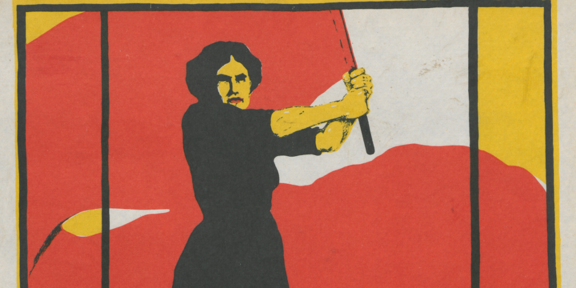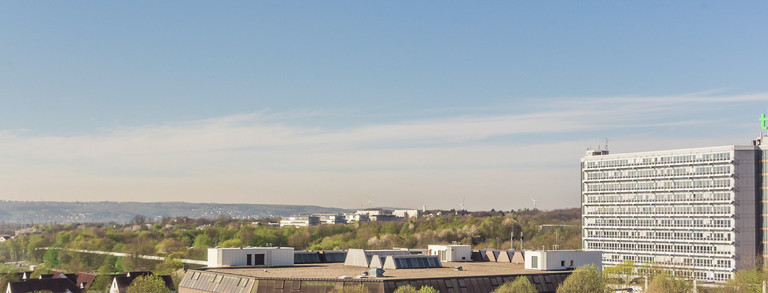International Women's Day - International Women's Day - Women's* Struggle Day

The United Nations recognized International Women's Day as an official day of action and celebration in 1977(UN, 2021). However, International Women's Day has its roots in the days of the workers' movements at the beginning of the 20th century. In 1908, women's rights activists in the USA called for the first "Women's Day", on which they demonstrated for women's suffrage(bpb, 2020). On August 27, 1910, the German socialist politician and women's rights activist Clara Zetkin proposed the introduction of an International Women's Day at the Second International Socialist Women's Conference in Copenhagen. This took place for the first time on March 19, 1911 in four European countries and the USA and continued to grow in the following years(DGB, 2021). Following the day of protest against the war on International Women's Day in 1913 and 1914, women in Russia now also took part in International Women's Day. On March 8, 1917, a strike by women at the Petrograd arms factory Putilov followed, which is seen as the trigger for the Russian February Revolution. This March 8 was then finally declared International Women's Day by the UN.(bpb, 2020)
Motto 2021: The role of women in the pandemic
Every year, the day of action has a specific motto, which is formulated by the United Nations Entity for Gender Equality and the Empowerment of Women - UN Women. In 2021, this motto is "Women in leadership: Achieving an equal future in a COVID-19 world". In a statement, UN Women explains that this motto celebrates the enormous efforts of women and girls for a just world and to combat the COVID-19 pandemic. The ongoing pandemic has put the spotlight on the dedication and contributions of women and girls in the fight against COVID-19: as healthcare workers, caregivers, researchers and innovators, as well as community organizers and heads of state, women have drawn attention to their central social and political role and their particular burden(UN Women, 2021).
Despite the major role that women play in 'systemically important' professions, they are among the hardest hit by the pandemic. For one thing, many of these professions are poorly paid. Secondly, women continue to take on the majority of domestic and family work, which is associated with massive additional challenges due to the pandemic.(DGB, 2021) In addition, women worldwide are currently experiencing increased domestic violence, unemployment and poverty.(UN Women, 2021)
Women in politics and society
The low number of female heads of state (20 women worldwide) alone shows the inadequate to lacking representation of women in politics (UNWomen, 2021). In the German Bundestag, the proportion of women in the last election fell to just over 30%, which is roughly the same as in 1998(bpb, 2020). Since the local elections, women make up 35.6% of the Dortmund City Council, which is 3.8% less than in the last election period.
Despite significant progress in the fight for full equality between women and men, which is enshrined in legislation in 143 of the 193 UN member states (as of 2018; bpb , 2020), no country in the world can claim to have already reached this goal. Women and girls continue to face cultural and economic hurdles and stumbling blocks. These are becoming more visible in many areas during the COVID-19 pandemic, and in some cases are being exacerbated.
International Women's Day in Dortmund
There are various events on March 8 - including in Dortmund. These include, for example, the feminist discourse series Butler Butch Beyoncé with the theme "Feminism through the Ages", as well as "IFT <3 You" by the Dortmund Equal Opportunities Office and the Dortmunder U.





